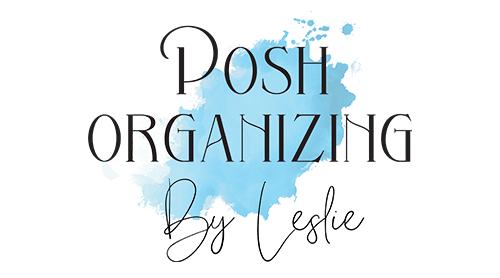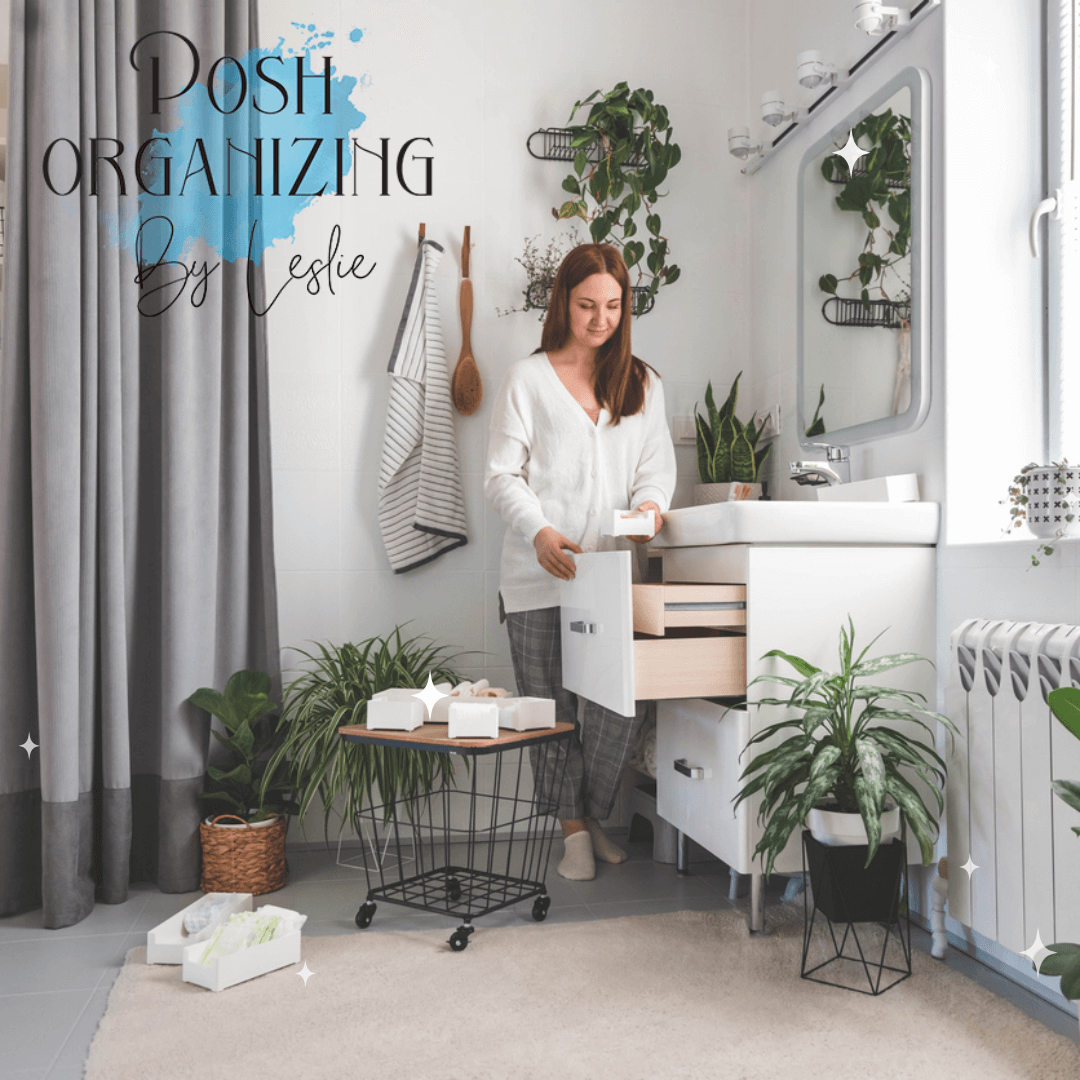Micro-decluttering consists of cleaning in short bursts. It’s a management system that takes small steps and gets big things done. People have discovered the technique doesn’t just lead to clearer spaces. The method makes users confident about keeping it that way.
BENEFITS OF MICRO-DECLUTTERING
Rather than attempting to clean rooms in a single session, micro-decluttering asks you to focus on chores piecemeal. Work on one small area at a time. You start with one task a day. Once comfortable and you see results, you might end up taking on several a day.
By concentrating on single areas in increments, you cultivate a sense of accomplishment. Micro decluttering encourages you to make the time to keep up the good work. The stress associated with cleaning is alleviated. That’s because:
- A disorderly space undermines performance and management
- Decluttered spaces minimize distraction
- Micro-decluttering is sustainable
- It becomes part of a subconscious routine and gets done on autopilot
- Organized spaces promote organization. You’re more likely to leave it the way you found it.
- When you take control, you enhance creativity, serenity, and satisfaction
MICRO-DECLUTTERING 101
It’s important to know that micro-decluttering is not about mopping floors and getting those dust bunnies under the dresser. (Though as the practice grows on you, bigger chores may become part of the regimen.) Micro-decluttering entails the miscellany that piles up. It’s the beginning of chipping away at the disorder one quick fix at a time.
- Organize a shelf, pantry, or cabinet
- Pack up old clothes for charity
- Straighten the sock drawer
- Toss or shred unneeded paperwork
- Throw out junk mail
Performing these tasks with a time limit (five to 15 minutes, tops) minimizes the possibility of giving up.
BEGIN MICRO-DECLUTTERING
While not written in stone, these are actionable steps to micro-decluttering.
PUT TOGETHER A PLAN?
While a plan might be helpful, micro-decluttering is more about getting to business. Procrastination plays a major role in clutter growth. Sitting around thinking about it won’t change that. But you can say, Today, I’m going to get my closet in order. It’s that simple. Set a time and start. Remember, the process is intended to be brief. Do what’s immediately needed.
TAKE IT SLOW
As stated, decluttering need not be a series of massive chores nor does it have to absorb a lot of time. Clear kitchen counters or organize your car’s trunk. One task a day, breaking it down to prevent feeling overwhelmed.
DECLUTTER WITH INTENT
Once you’re in the habit of micro-decluttering and see promising results, don’t be surprised when it becomes a habit. You’ll find yourself saying, “Man, glad that’s out the way.” and the next words will be spontaneous: “Now… let’s take a look at…”
Psychologically, we can benefit from micro-decluttering. Clutter is subconsciously problematic. It takes away function and focus. On the other hand, micro-decluttering epitomizes the idea of “Don’t put off til tomorrow what you can do today.” Applying that mantra to small chores could flow into how we deal with bigger issues.
POSH Organizing specializes in helping people organize their residences.Throughout Connecticut, we help busy people declutter, organize, and repurpose their homes. Reach out to learn how we can help you.

